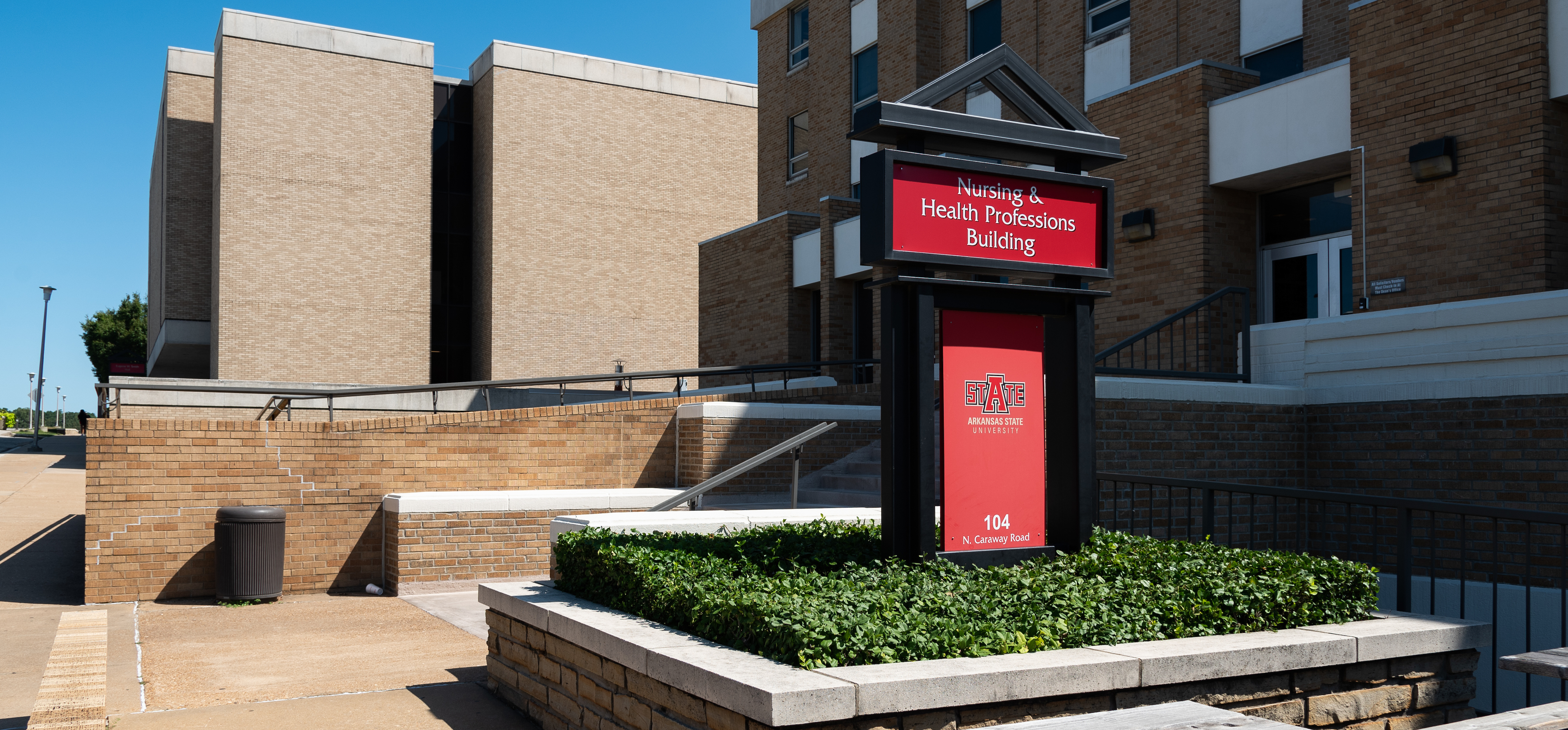Degree Name
Nursing Practice, DNP
Publication Date
12-4-2023
Upload Date
2024
First Advisor
Linda Latting
Abstract
Self-efficacy is a critical element in the self-management of chronic pain. Despite the traditional approaches to managing chronic pain, such as opioids, traditional methods have proven ineffective and often lead to addiction and misuse, contributing to the overwhelming and devastating opioid crisis. This quality improvement project aimed to reduce the knowledge gap among individuals between the ages of 18 and 75 who have chronic pain by producing data that illustrates that providing individuals with self-management education empowers them to understand and self-manage their pain. The concept of self-management education is grounded in Bandura's Social Cognitive Theory, which highlights the role of self-efficacy in behavior change and health outcomes. The Plan-Do-Study-Act (PDSA) model was utilized to explore changes in the intervention. Pre- and post-evaluation of four weeks of pain self-management ability was measured using the Pain Self-Efficacy Questionnaire-2 (PSEQ-2). A retrospective chart review was done at the end of the project, and a quantitative analysis of the data utilizing a paired t-test revealed a significant improvement in the self-efficacy scores. These results indicate that the defined intervention effectively improved the self-efficacy of individuals with chronic pain in this quality improvement project.
Rights Management

This work is licensed under a Creative Commons Attribution-NonCommercial 4.0 International License
Recommended Citation
Jones, Tanya, "Impact of Self-Management Education on the Self-Efficacy of People with Chronic Pain" (2023). Doctor of Nursing Practice Projects. 65.
https://arch.astate.edu/dnp-projects/65


